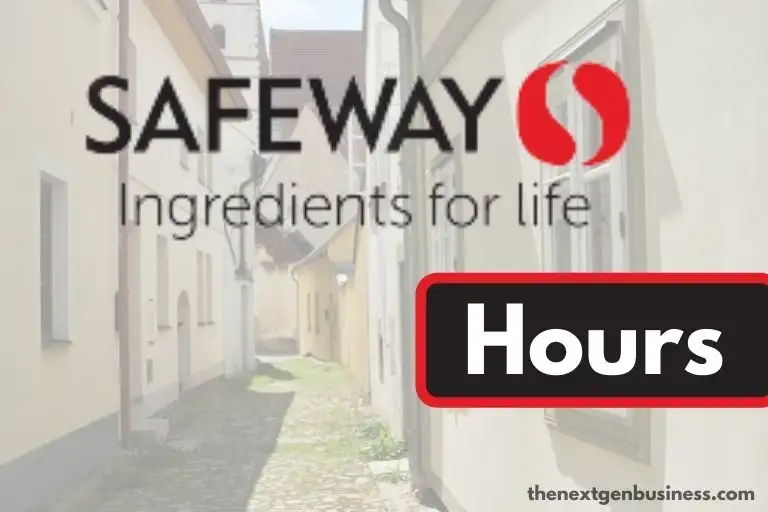
With food prices in the European Union (EU) soaring to unprecedented levels, some nations are resorting to measures not seen in the west since the 1970s: price caps.
- The cost of food in the EU increased by 16.41% in April 2023 compared to the same month in the previous year1.
- This drastic increase far exceeds the average food inflation in the EU, which stood at 3.47% from 1997 to 20231.
Essential Items Witness Steepest Increase
Among the essential food items, some have seen significantly sharper price hikes.
- The price of eggs in the EU rose by an average of 30% in January 2023 compared to January 20222. In some EU countries, such as Czechia, Hungary, and Slovakia, the increase was even more significant, with annual inflation for eggs recorded at 85%, 80%, and 79% respectively2.
- While exact current data for milk prices is not available, EU dairy prices had reached a peak with 24 months of uninterrupted growth before beginning to fall in January 20233.
- The price of sugar witnessed a sharp increase of 61% in the year leading up to March 20234.
Hungary and Croatia Implement Price Caps
As citizens grapple with the escalating cost of living, governments are exploring various interventions to ease the burden.
Hungary, where food prices are currently 43% higher than the previous year, has implemented a price cap on essential basic food items5. Despite these measures, the prices in grocery stores continue to rise, and economists warn that the worst may be yet to come if the government does not change its approach to spending and inflation control5.
Croatia has also reportedly put a cap on the cost of essential items, but further details are currently not available.
Spain Reduces Value-Added Tax on Food
In a bid to bring down the overall cost of essential food items, Spain has opted to reduce the value-added tax on food. However, more information is needed to ascertain the exact impact of this measure on food prices and the Spanish populace.
The situation in Greece and France is currently under investigation. The former is reportedly limiting the profit margins that retailers can make on food, while the latter is said to be negotiating with supermarkets to secure the lowest possible prices. More details on these strategies and their impact will be provided as they become available.
Overall, the cost of essential EU food items has risen sharply over the past 12 months, presenting significant challenges for both governments and citizens alike. The implementation of price caps, a strategy that has not been widely used in the west since the 70s, underscores the seriousness of the current situation and the urgent need for effective solutions.





